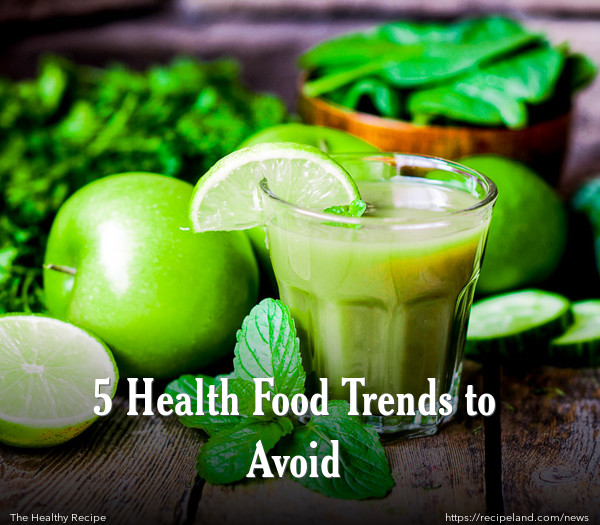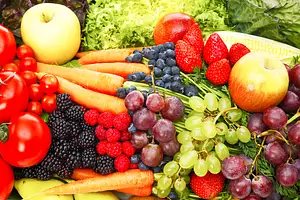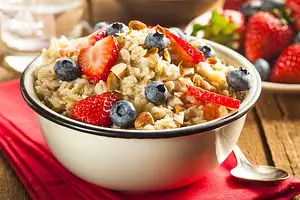If you are into healthy eating, you are probably constantly bombarded with suggestions and recipes, and foods that you “must” include in your diet. Not all of these foods are as great as they seem.
Here are 5 examples of health food trends that might not be all they are cracked up to be.
1. Coconut oil
If you believe everything you hear, then coconut oil is the ultimate healthy fat. But, research has shown that it might not be much better for you than any other type of saturated fat.
A recent study published in Nutrition Reviews analyzed 21 studies that swapped coconut oil for other unsaturated fats (like olive oil) and found that olive oil, in particular, is better for controlling cholesterol and improving heart health. This does not necessarily mean that coconut oil is entirely bad for you, but just make sure you are using it as a substitute in moderation.
2. Gluten-free bread
Unless you have celiac disease, gluten-free is not necessarily required. But, many people do find that they feel better when they remove gluten from their diet. As long as you realize that gluten-free is not automatically healthier, then go ahead and give it a try.
Gluten free breads are still made with refined flours and starches, and often have extra fat and sugar to give them the right texture. Make sure you are choosing gluten-free breads that are made from whole grains (like brown rice or oats) and that the bread is low in sugar and high in fibre. Better still, get your carbs from unprocessed foods like gluten-free whole grains and sweet potatoes.
3. Kombucha
This fizzy, tart beverage gets credit for improving everything from digestive problems to arthritis pain, and even cancer. But, in reality, there is little evidence that kombucha actually helps with any of these things. Also, kombucha usually contains refined sugars, which is something nobody needs any more of.
One thing that kombucha does have is probiotics, which can be good for your digestive health, like other fermented foods. Consume it in moderation, as long as you get most of your good bacteria from plain yoghurt, kefir, raw sauerkraut, or tempeh.
4. Green juice
Green juice does contain a lot of great nutrients, if you make it with kale, spinach, or other green vegetables. But, despite the many nutrients and phytochemicals, there is little fibre. If you are adding a lot of fruit to make it sweet, then it is also filled with a lot of sugar. This drink can cause you to have sugar spikes and crashes, leaving you with cravings and fatigue later on.
If you really prefer to drink your veggies, then add them to your smoothies. This gives you the whole vegetable, including the fibre. Plus, it will digest more slowly, and leave you feeling more satisfied.
5. Almond milk
Although it is dairy-free and very low in calories, and is an excellent source of calcium and vitamin D, there is nearly no protein in almond milk. If you are using almond milk for smoothies, remember to add some protein to make it filling enough and get the healthy benefits of protein.
Consider adding egg, nuts, seeds, or nut butter. Be cautious about the thickeners, which may include carrageenan. Despite coming from natural sources, this thickener is thought to be linked to inflammation and irritation of the digestive lining. Try making your own for a healthier version.
Each of these foods has its place in a healthy diet, as long as you know what you are getting and how to substitute in healthy ways!










Comments